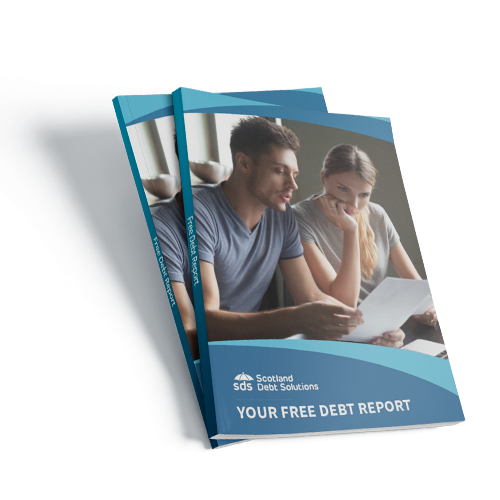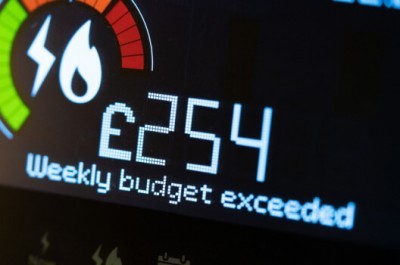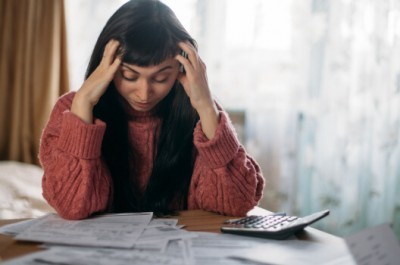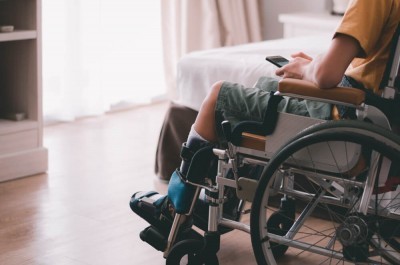When can you become liable and what are the consequences?
One of the benefits of operating a limited company or limited liability partnership is that it separates you, as the business owner, from the company itself. As a result, if the company were to fail with outstanding debts, they would be written off and all you would lose is your original investment in the business. However, there are some instances when you could become liable for some or all of the company’s debts and your personal assets could be at risk.
Here we look at when personal liability issues can occur, what the consequences are and what you can do to reduce the risks.
Company debts are usually written off
Running a business is a high-risk activity with around 20% failing within the first year and 60% going bust within three years. In most of these cases, any debts the business has that it cannot repay die with it and the company directors are not personally liable.
If your business is insolvent and no longer financially viable, you can close it down voluntarily using a process called a Creditors’ Voluntary Liquidation (CVL). You appoint a liquidator to administer the procedure and they will sell the business’s assets to raise money to repay the company’s creditors as much as possible before closing it down.
If there are any outstanding debts, the creditors cannot request that the directors repay them from their personal finances. That’s because the company itself and the directors behind it are separate legal entities. Instead, the remaining debts will be written off and the creditors will not receive the money they are owed.
What are the risks of personal liability for company debts?
Although the directors of a business are not usually liable for its debts, there are certain situations when they can be. When a company cannot pay its debts, it is said to be insolvent. At that point, the directors have a legal duty to run the company in the best interests of their creditors as a whole.
Typically, that means ceasing trading and not taking any action that worsens your creditors’ position. If you do act in a way that increases the company’s debts or reduces the return for your creditors, you could find yourself personally liable for repaying those losses.
When can you be made personally liable for company debts?
If your company is insolvent and subsequently enters liquidation, the Insolvency Practitioner who liquidates the company is legally required to investigate your conduct as a director. They will look at your actions in the time leading up to and during the insolvency. If they find examples of any of the following, you could become personally liable.
Preferential payments
Preferential payments occur when you make payments to certain creditors ahead of others. An example is repaying a loan from a family member but not paying other creditors such as suppliers or HMRC. In that case, the liquidator could seek to recover the money from the recipient, and if that’s not possible, they can request that you repay the amount to the company for the benefit of your creditors.
Undervalued transactions
If you sell company assets for less than their true value and reduce the return for your creditors as a result, those transactions can be reversed or you could become personally liable.
Unlawful dividend payments
A company can only pay its shareholders dividends when the company has sufficient retained profits to do so. If you pay yourself dividends when the company is insolvent or in financial difficulty, the liquidator will request that you return them.
Trading while insolvent
Directors should cease trading as soon as they know, or ought to know, that the company is insolvent. If you continue to trade and worsen the position of your creditors, you could be made personally liable for those losses.
Inaccurate record keeping
Under the Companies Act 2006, company directors are required to keep a clear separation between their personal and business finances. Failure to do so can lead to personal liability issues.
Fraud and misrepresentation
If you lie or fail to give the full facts when entering into a finance agreement on behalf of the company, you could be made personally liable for the debt if the business fails.
Other personal liability issues
The above are all examples of directors failing to meet their legal duties or not acting in the best interests of their creditors. However, there are also a couple of other scenarios that could lead to personal liability issues.
Personal guarantees
If you sign a personal guarantee when obtaining company finance from a lender, that lender can make you personally liable if the company cannot repay the debt.
Overdrawn director’s loan account
If you have taken money out of the business in the form of a director’s loan and not paid it back, the liquidator will seek to recover that money from you for the benefit of your creditors.
How can you become personally liable for company debts?
If the liquidator finds evidence that you have acted in a way that has worsened the position of creditors, they will request that you repay funds to the company. If you cannot or do not pay what you owe, they can take court action against you to recover the money, and you will also be liable for the liquidator’s legal costs.
If you cannot pay what you owe, your personal assets could be at risk and you may have to consider personal debt solutions such as a Debt Arrangement Scheme, Trust Deed or even Sequestration (Bankruptcy).
Depending on the cause of your personal liability issues, you could also be formally disqualified from acting as a company director for up to 15 years. Where there’s evidence of fraudulent activity, you may even receive a custodial sentence.
Are sole traders personally liable for business debts?
As a sole trader, your relationship with business debts is very different. Unlike a limited company, there is no legal distinction between you and your business, so any debts your business accumulates also become personal liabilities.
If you shut down your business, the debts will still exist and your creditors can pursue you personally for the full amount. If you cannot pay, you may have to consider personal debt solutions such as a Debt Arrangement Scheme or Sequestration.
Need advice?
If your business is in financial difficulty and you’re worried about personal liability issues, our business debt experts can help. At Scotland Debt Solutions, we can help you adhere to your legal duties as a company director and help you close your company in the right way. Contact us today for a free consultation or arrange a no-obligation meeting at one of our local offices.













